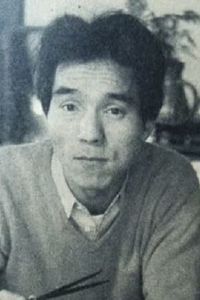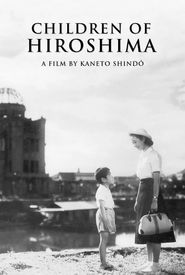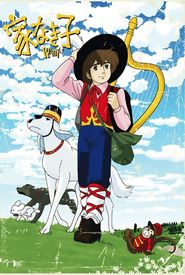Jûkichi Uno, a pioneering force of unbridled creativity, burst forth into the world on September 27, 1914, inaugurating a remarkable odyssey that would forever reshape the very fabric of the entertainment industry, leaving an indelible mark on the realms of acting and directing that would reverberate across generations to come.
Uno's remarkable career, marked by an impressive array of outstanding performances, was distinguished by a series of notable appearances in iconic cinematic masterpieces, with standout roles in the celebrated films "The Most Beautiful Day of My Life" (1948),"Apostasy" (1948),and "Ningen no kabe" (1959).
From the moment Uno burst onto the cinematic scene, his unrelenting passion for storytelling and artistic expression was palpable, setting the stage for a lifetime of trailblazing achievements that would forever alter the landscape of Japanese filmmaking.
His unyielding dedication and unwavering enthusiasm for the art of storytelling have had a profound and lasting impact on the industry, leaving behind a rich legacy that continues to captivate and inspire audiences with its enduring power and influence, a testament to the enduring power of his creative vision and unwavering commitment to his craft.
As the final scene faded to black on January 9, 1988, the extraordinary life of Uno, a luminary figure in the realm of cinema and Japanese culture, came to a close, leaving behind a legacy that would forever be etched in the annals of history. His remarkable contributions, a testament to his unwavering dedication and passion, had a profound impact on the world, shaping the very fabric of the film industry and Japanese culture in ways that continue to reverberate to this day.
Uno's remarkable journey, a odyssey of creativity and innovation, was marked by a series of groundbreaking achievements that not only pushed the boundaries of artistic expression but also left an indelible mark on the cultural landscape. As the curtain closed on his remarkable life, Uno's legacy continued to evolve and flourish, a testament to his enduring influence and the timeless appeal of his work.
From the earliest days of his career, Uno's creative vision and innovative spirit set him apart, as he boldly explored new frontiers and challenged conventional norms. His tireless pursuit of excellence, his unwavering commitment to his craft, and his unshakeable faith in the power of art to transform and uplift, inspired countless others to follow in his footsteps, leaving a lasting impact on the world.
As Uno's remarkable journey came to a close, the world mourned the loss of a true giant, a visionary whose remarkable contributions to the world of film and Japanese culture would be remembered for generations to come. Yet, even in death, Uno's legacy continued to thrive, a testament to the enduring power of his art and the timeless appeal of his remarkable journey.
As a renowned figure in the world of Japanese cinema, his life's work has woven a rich cultural tapestry that continues to captivate and entertain new generations of film enthusiasts, a testament to the enduring power of his artistry and the indelible mark he left on the world of Japanese cinema.
Born into a world of cinema, he was destined for greatness, and his early beginnings set the stage for a life of creativity and innovation. As he navigated the ups and downs of the film industry, he continued to hone his craft, perfecting his skills and developing a unique style that would set him apart from the rest.
Throughout his career, he has been driven by a passion for storytelling and a desire to bring new and exciting ideas to the big screen. His dedication to his craft has resulted in a body of work that is both diverse and innovative, showcasing his ability to adapt to changing times and stay ahead of the curve.
Despite the many challenges he has faced, he has remained committed to his art, and his influence can be seen in the work of countless other filmmakers and artists. His legacy continues to inspire and influence new generations of creatives, ensuring that his impact on the world of Japanese cinema will be felt for years to come.
In the end, his life's work is a testament to the power of art to transcend time and touch the hearts and minds of people around the world. His rich cultural tapestry, woven from the threads of his life's work, continues to captivate and entertain new generations of film enthusiasts, a timeless reminder of the enduring power of his artistry and the indelible mark he left on the world of Japanese cinema.




















